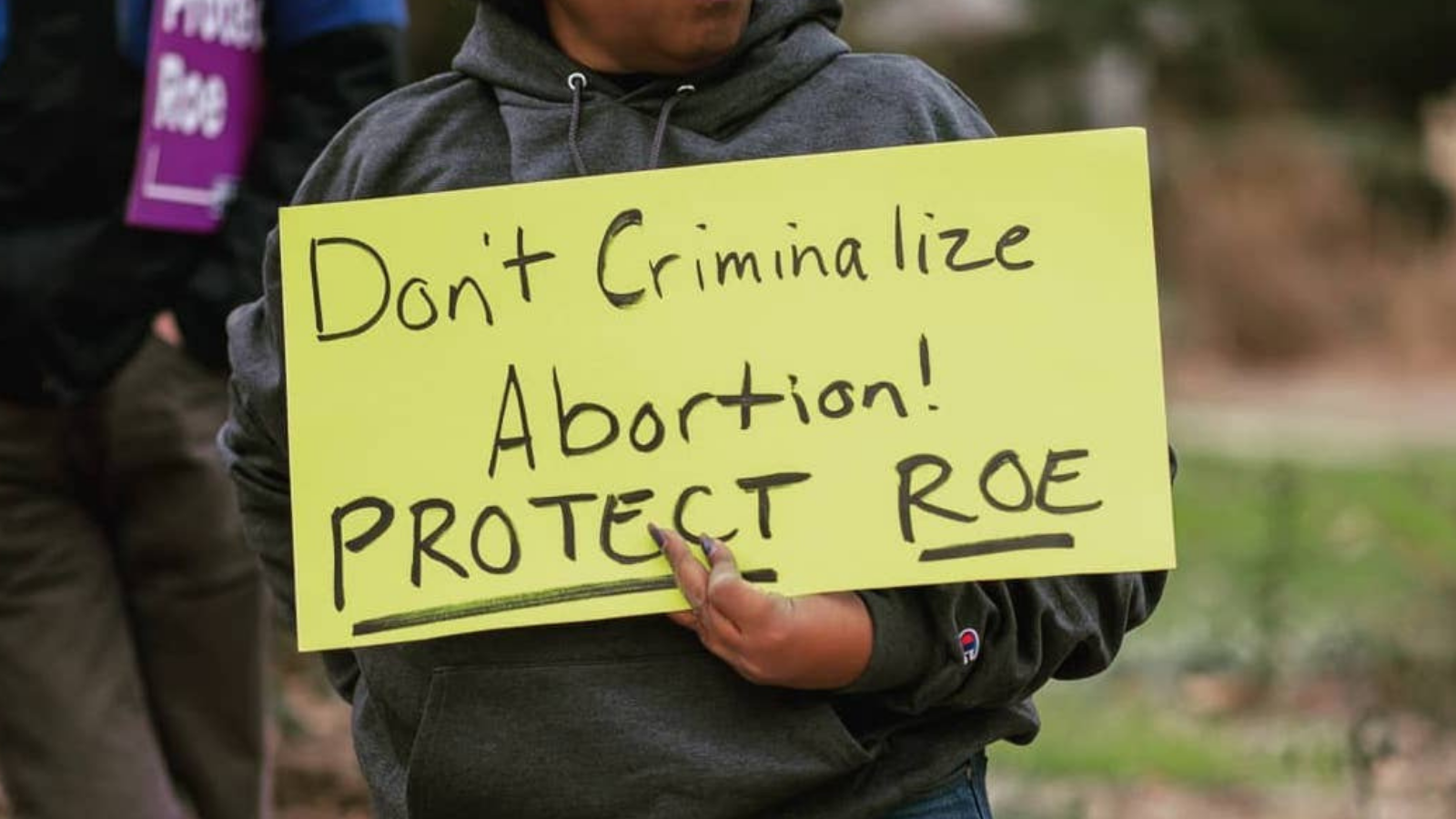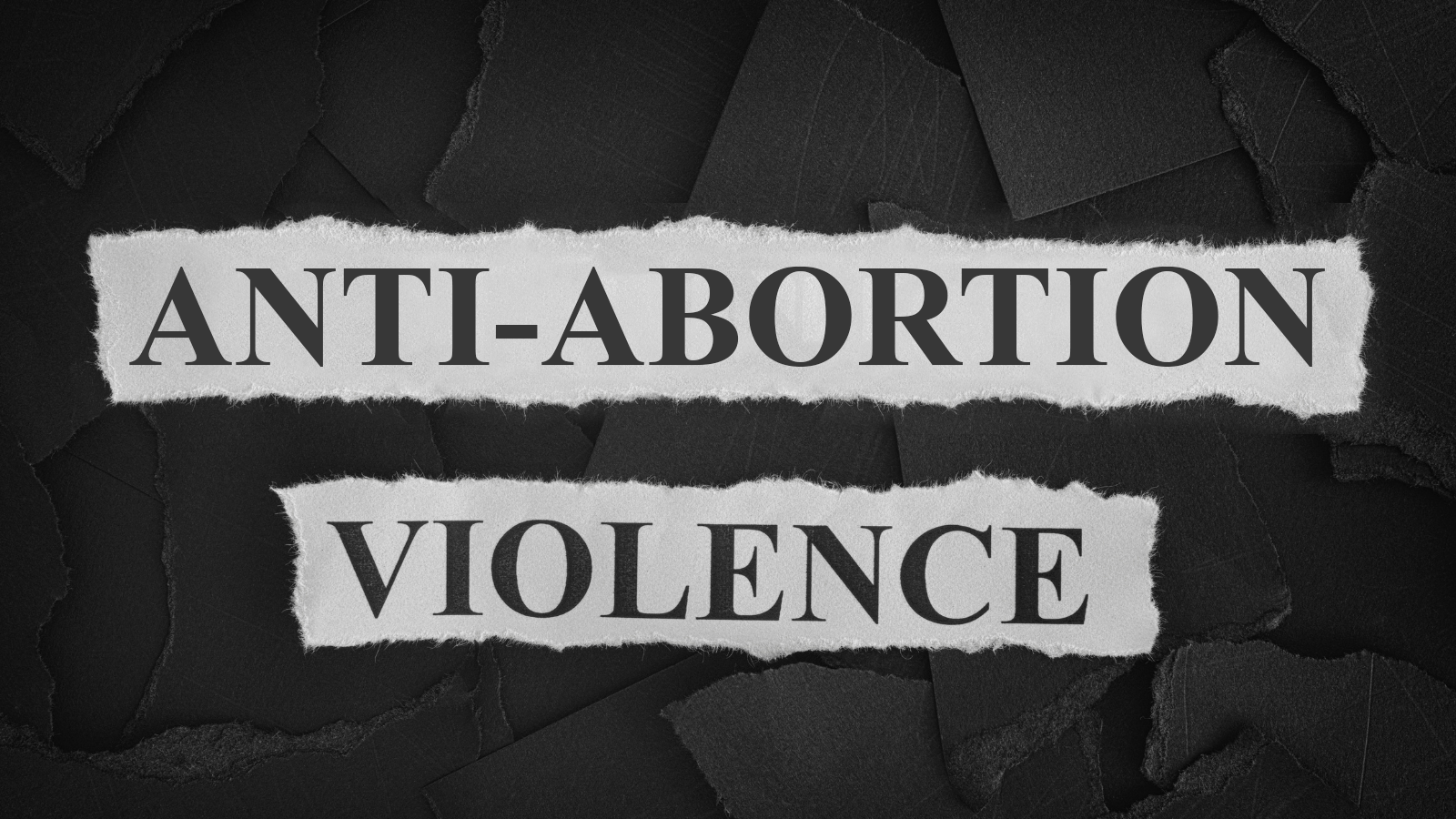Abortion Access in North Carolina
People have accessed abortion since people have been getting pregnant. Abortion is a common and normal part of reproductive health care. People who access abortion are our family members, friends, neighbors, colleagues, co-workers, and ourselves. In fact, nearly one in four women in the U.S. will have an abortion by age 45.
Roe v. Wade, decided by the U.S. Supreme Court in 1973, legalized abortion in all 50 states and Washington, D.C. Since that decision, however, anti-abortion lawmakers, judges, and special interest groups have worked relentlessly to chip away at abortion access, including here in North Carolina. Dobbs v Jackson Women's Health Organization in 2022 overturned Roe, giving anti-abortion lawmakers the ability to completely ban abortion. In years since that devastating court decision, 18 states have completely or severely restricted abortion access and anti-abortion lawmakers are promising to introduce national bans.
While Roe never lived up to its promise for true abortion access for all who need it, the ruling was an important protection that is now gone. For millions of people today, access to abortion is based on where people live, their age, their income level, their insurance status, and/or their immigration status. North Carolina legalized some abortions in 1967 and was often considered a more “progressive” Southern state on the issue of abortion. Today, North Carolina is now considered “hostile” to abortion and 91% of North Carolina counties have no abortion provider, which means people have to travel outside their county of residence for basic healthcare.
Anti-abortion lawmakers in North Carolina and across the country continue imposing abortion restrictions that target patients, abortion clinics, providers, and insurance coverage, all in an effort to make abortion as inaccessible as possible and eventually outlaw abortion.
Pro-Choice North Carolina will continue fighting to keep abortion safe and legal for all, regardless of ZIP code, income, insurance coverage or citizenship status. We will mobilize together to defeat attacks on abortion access in the state legislature, educate and mobilize North Carolina’s pro-choice majority to elect leaders who support abortion access and reproductive rights, and advocate for laws and polices that protect and expand everyone’s access to reproductive health care. We envision a world where all North Carolina residents are empowered, trusted, and supported to make the reproductive decisions that are best for them and their families, including abortion.
Medication Abortion
The North Carolina General Assembly (NCGA) passed a law in 2013 that banned the use of telemedicine to provide abortion care and requires a physician be physically present during a medication abortion when the first medication is administered. In 2023, the NCGA passed a monster abortion ban (SB20) that included a requirement for people accessing medical abortion to have an in-person visit 72 hours before the procedure, and to schedule a follow up visit 7-10 days after the second visit. Again, bans like this are not based on medical science or evidence, but rather on anti-abortion politicians attempting to make abortion as inaccessible as possible.
Young People’s Access to Abortion
North Carolina has a long history of restricting abortion access for minors. In 1977, the General Assembly passed a law stating that minors could not consent to an abortion. In 1995, they allowed that minors could get an abortion but only with written parental consent or by petitioning the court for a judicial wavier, which would bypass the need for parental consent. This process is supposed to be a “work around” for minors who need an abortion but cannot obtain consent from a parent or guardian. However, obtaining a judicial waiver from the court system can be time-consuming, intimidating, and often dependent on the knowledge and personal beliefs of clerks, judges, and other court personnel.
For more on how minors can access abortion in North Carolina, you can read the ACLU of North Carolina's Q&A here: https://www.acluofnorthcarolina.org/en/getting-abortion-minor
If you need assistance with the judicial waiver, you can contact The Repro Legal Helpline at 844-868-2812. For more information, you can check out their website: https://reprolegalhelpline.org/
Furthermore, in 2015, the North Carolina General Assembly also passed a law that prohibits minors from working at any clinic that provides abortions. None of these laws are based on medical science; they are simply about stigmatizing abortion and reproductive and sexual health care for young people.


